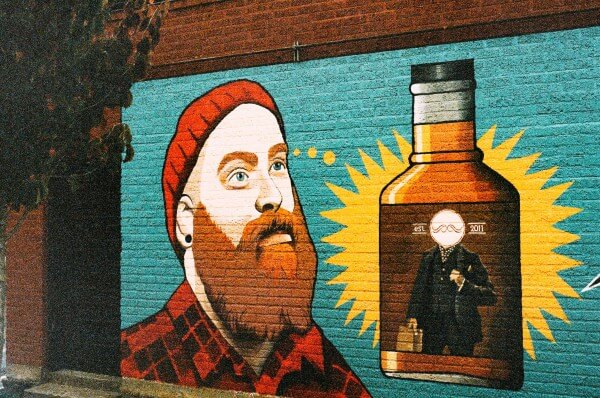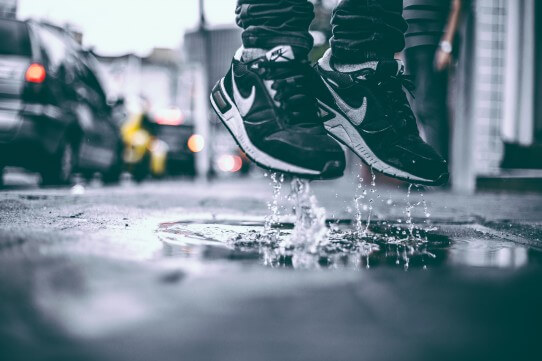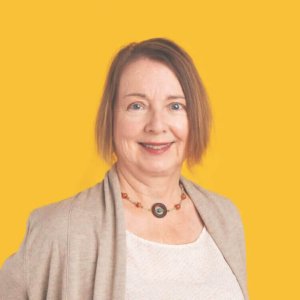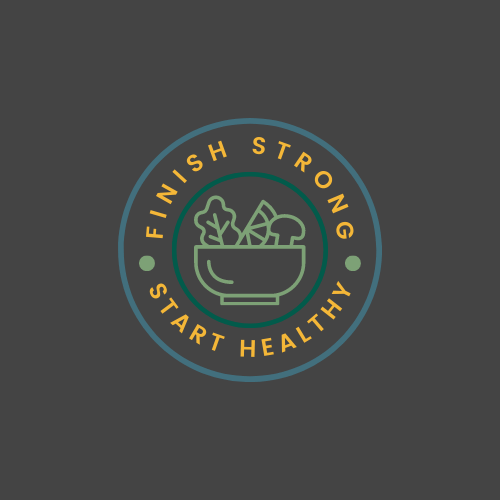Have you heard about brain plasticity? Neuroscientists are excited by discoveries that we can add brain matter and connections between different lobes of our brains throughout life, as opposed to the previous idea that we develop a peak number of brain cells in early adulthood and kill them off in a long slow decline toward the grave. So…old dogs can learn new tricks.

They can, but do they? On Maundy Thursday my minister read from 1 Peter 2: 24:
…by his wounds you have been healed.
That is good news. Serious good news. We can be healed! Awesome! But, do we live that way? Do our wounds heal? Or do they hang around and simmer underneath the surface and influence our decisions and responses for years? Do we resist growth and say,
That’s just the way I am.
Here are some questions I ask about my wounded-ness:
- If my friend puts me down almost every time we talk, and I keep talking to her, I’m letting her deepen my wounds of unworthiness.
- If I stay with people who disrespect me, or yell at me or abuse me physically, sexually, or emotionally, their wounds hurt me.
- If I get edgy without beer, bourbon, pills, or a gallon of ice cream on hand, I may use substances to soothe my pain.

- If I stay busy with work, projects, and constant phone calls, texts, and social media, I might use activity to distract me from my wounds.
It’s easy to identify patterns, Booktalklady, but harder to change them.
It is hard but possible. Remember the brain plasticity thing? With professional counseling, mentoring, a healing relationship with Jesus Christ, a circle of supporting friends, we take the first step toward healing when we admit there are ways each of us can grow. Scientists say new thought patterns lead to changed behavior, and The Booktalklady reminds you of the premise behind her work—you are what you think, so choose wisely the influences you allow into your mind. That includes what you read, listen, and watch, and with whom you spend time.
God and good friends have helped me heal, so I’ll close by sharing simple things I’ve learned.
Ideas that help old dogs learn new tricks.
- Regaining a sense of trust and a sense of purpose are principles for recovery from PTSD.
- Pain created in relationship can only be healed in relationship, but for romantic relationships don’t ask the next person to fix things. Turn to trusted friends, mentors, and advisors. Don’t go it alone. When you’re ready for a new romantic relationship you’ll enter from a healthier place.
- Almost everybody looks fine on the surface. Seek situations where it’s safe to be real and you’ll be surprised how we all struggle with the same fears and insecurities.
- Don’t waste energy on people who don’t care, or care mostly about themselves. When I was troubled by unhappy, critical people I started a mastermind group for women business owners. Wow! Each of them has fears, insecurities, and wounds too, but they can still call out skills and abilities I had never seen in myself. I am so much happier. I feel lighter.

The power of this one transformation taught me I need to curate the people I spend time with just as much as I watch what I eat, drink, and read.
Call to Action
Do you have a book, movie, or mentor that’s helped heal you? Would you share it below?
Ask yourself in private: on a scale from one to ten, how much do I want to get over my wounds?
Coming Next
Next week I’ll read from Naomi Benaron’s powerful novel Running the Rift. It’s the story of a young man in Rwanda during the 1994 genocide: a story of trauma, recovery and reconciliation.
©2016 Booktalk Lady LLC





4 thoughts on “Do you want to get over it?”
I had a couple of Joyce Meyer books on worry and stress that were very helpful. Nothing beats prayer though.
Great point Beth! Thanks for commenting.
I found the Armor of God Bible Study by Priscilla Shirer to be very instructive and healing. Highly recommend it!
Great comment Gigi. Priscilla is a powerful speaker and teacher.